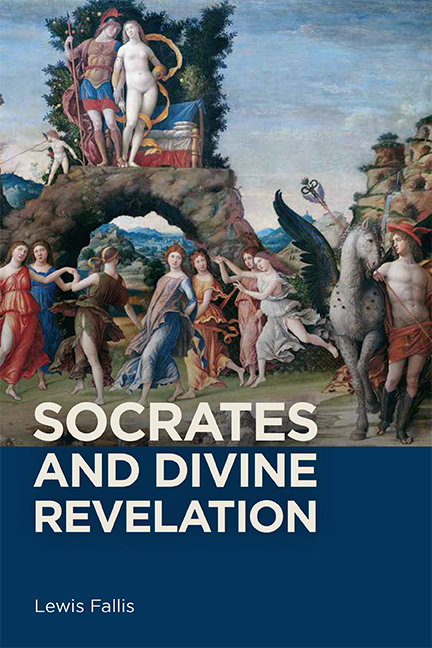6 - Dialectics and Divinity
Published online by Cambridge University Press: 09 June 2021
Summary
In my discussions of the Euthyphro and the Ion, I have focused on what I understand to be the primary theological aim of dialectics. But Plato's dialogues also contain other insights about piety and divinity, insights that might have been discovered through conversations, introspection, or some combination of the two. For instance, there are three passions that, according to Plato's indications, may have a special connection with piety. A fuller consideration of those passions, and of the Platonic dialogues in which they are treated in more detail, would be necessary to do justice to his account of piety.
Plato indicates that the love of one's own, and especially family love, is connected with piety, and may even serve as one root of it (see Laws 729c5– 8). Our love for our spouses and children, in particular, may predispose us to hope that even when we cannot protect them, something else will. But the love of one's own is a primary theme of neither dialogue we have investigated. Neither Euthyphro nor Ion appears to be a family man or a conventional patriot. In fact, Euthyphro is engaged in the prosecution of his own father for murder. And Ion's patriotism is channeled into rhapsody instead of conventional politics. In order to understand more fully the love of one's own, in its potential connection with piety, it would be necessary to look beyond the Euthyphro and Ion in order to investigate the Republic and the Laws.
Second, Plato indicates that love, not as the love of one's own but as eros, may be connected with piety. Eros, understood not only as the love of the noble or beautiful, or as the desire to have the good for oneself always (Symposium 206a), but as the desire for a particular beloved, might inspire a hope for divine recognition of self-forgetting or self-sacrifice. Yet neither Euthyphro nor Ion is a particularly erotic interlocutor, at least in any conventional sense of the word. In the Euthyphro, there is only a single reference to eros. And in the Ion, eros is never mentioned.
- Type
- Chapter
- Information
- Socrates and Divine Revelation , pp. 137 - 146Publisher: Boydell & BrewerPrint publication year: 2018

